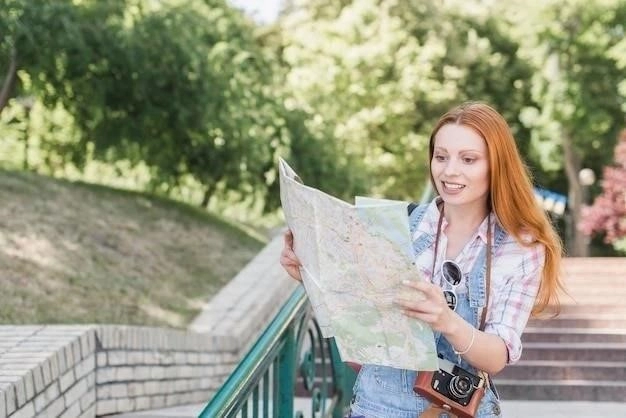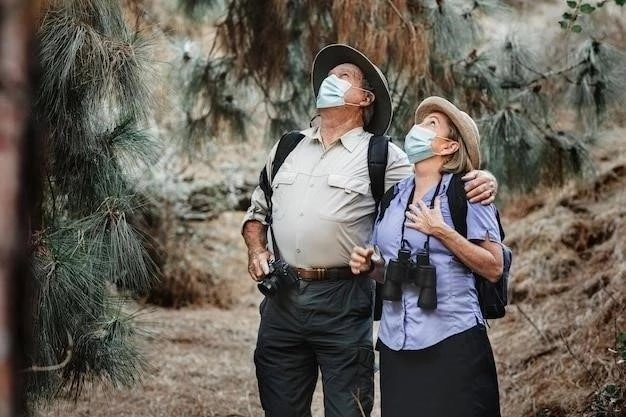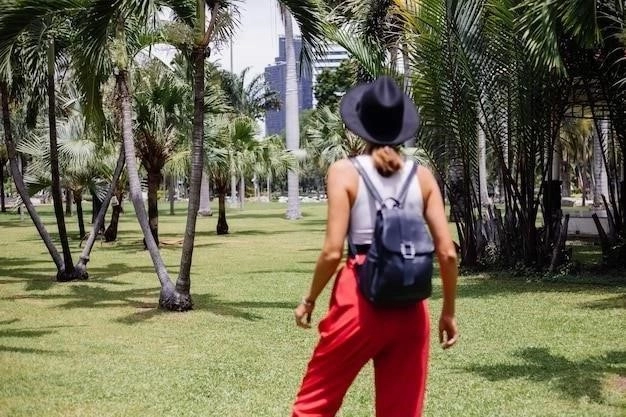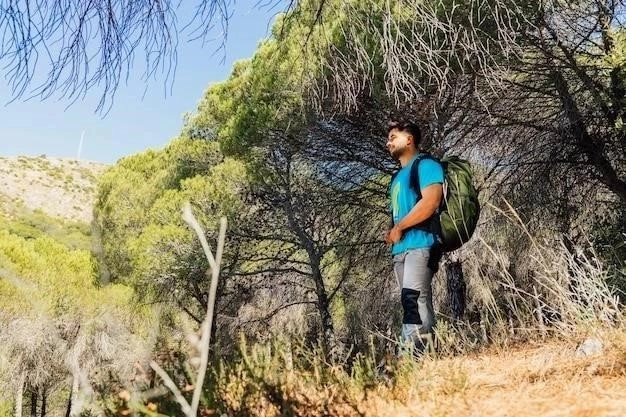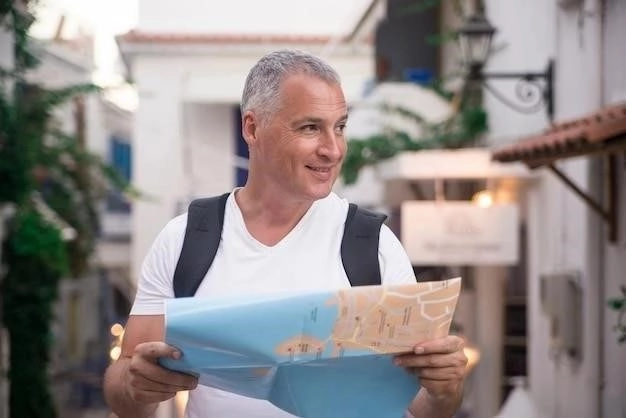Embark on an unforgettable journey through Bolivia, a landlocked country nestled in the heart of South America. Discover a captivating fusion of indigenous traditions, breathtaking landscapes, and vibrant cities. From the ethereal expanse of the Uyuni Salt Flats to the towering peaks of the Andes, Bolivia offers a diverse tapestry of experiences for every traveler.
Must-See Attractions
Bolivia boasts a wealth of extraordinary attractions that showcase the country’s diverse natural beauty and rich cultural heritage. Here are a few must-see destinations:
Salar de Uyuni
Prepare to be mesmerized by the Salar de Uyuni, the world’s largest salt flat. This surreal landscape transforms into a giant mirror during the rainy season, reflecting the sky and creating breathtaking optical illusions. Explore the unique salt formations, visit Incahuasi Island with its towering cacti, and witness unforgettable sunrises and sunsets.
Lake Titicaca
Journey to Lake Titicaca, the highest navigable lake in the world, and immerse yourself in the fascinating cultures of the Uros people, who reside on floating islands made of reeds. Explore the sacred Isla del Sol, believed to be the birthplace of the Inca sun god, and discover ancient ruins and breathtaking vistas.
Madidi National Park
Venture into the heart of the Amazon rainforest at Madidi National Park, one of the most biodiverse places on Earth. Embark on jungle treks, navigate pristine waterways by canoe, and encounter an astounding array of wildlife, from playful monkeys to colorful macaws.
Potosí
Step back in time in Potosí, a UNESCO World Heritage city renowned for its rich silver mining history. Explore the Cerro Rico, a mountain that was once the world’s richest source of silver, and delve into the colonial past of this fascinating city.
Tiwanaku
Uncover the mysteries of Tiwanaku, a pre-Columbian archaeological site that dates back to 500 BC. Marvel at the impressive stone structures, including the Gateway of the Sun and the Kalasasaya Temple, and gain insights into the ancient Tiwanaku civilization.
Understanding Bolivian Culture and Customs
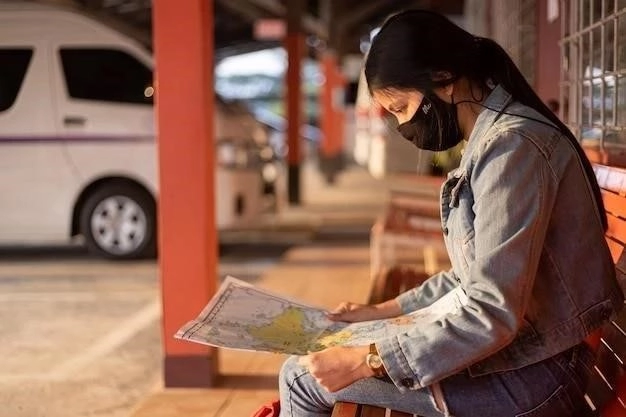
Immerse yourself in the vibrant tapestry of Bolivian culture, where indigenous traditions blend seamlessly with Spanish colonial influences. Demonstrating respect for local customs will enhance your travel experience and foster meaningful connections with the warm and welcoming Bolivian people.
Indigenous Heritage
Bolivia has a strong indigenous identity, with a significant population descended from ancient civilizations such as the Aymara and Quechua. Embrace the opportunity to learn about their traditions, beliefs, and way of life. Respect for the Pachamama (Mother Earth) is deeply rooted in their culture.
Warm Hospitality
Bolivians are renowned for their warmth and hospitality. Expect to be greeted with a smile and a friendly “hola”. It is considered polite to address people using “Don” or “Doña” followed by their first name as a sign of respect, especially for elders.
Bargaining Etiquette
Bargaining is customary in many markets and shops, particularly for handicrafts and souvenirs. Engage in friendly negotiations, but always be respectful and avoid being overly aggressive in your approach.
Altitude Awareness
Many parts of Bolivia are located at high altitudes, which can affect travelers not accustomed to the thinner air. Take time to acclimatize, stay hydrated, and avoid strenuous activities upon arrival. Coca tea is a traditional remedy for altitude sickness.
Festivals and Celebrations
Bolivia is a country that loves to celebrate. Immerse yourself in the vibrant festivities of Carnaval, experience the spiritual devotion of Día de los Muertos (Day of the Dead), or witness the colorful dances and traditional costumes of regional festivals.

Accommodation Options for Every Budget
Bolivia offers a diverse range of accommodation options to suit every budget and travel style, from budget-friendly hostels to luxurious hotels. Whether you’re seeking basic comfort or indulgent amenities, you’ll find a place to rest and rejuvenate during your Bolivian adventure.
Budget-Friendly Stays
Backpackers and budget-conscious travelers will find an array of hostels and guesthouses offering affordable dormitory-style or private rooms. These options often provide communal kitchens and common areas, creating opportunities to connect with fellow adventurers.
Mid-Range Comfort
Numerous hotels and guesthouses throughout Bolivia offer comfortable accommodations at reasonable prices. Expect private bathrooms, comfortable beds, and often breakfast included. Many mid-range options also feature charming courtyards or rooftop terraces with city views.
Boutique Hotels and Haciendas
For a unique and immersive experience, consider staying in a boutique hotel or a restored colonial-era hacienda. These properties often boast charming architectural details, personalized service, and on-site restaurants serving delicious local cuisine.
Luxury Retreats
Indulge in a luxurious stay at one of Bolivia’s high-end hotels, primarily found in major cities like La Paz and Santa Cruz. Enjoy spacious rooms with modern amenities, rooftop pools with panoramic views, and exceptional dining experiences.
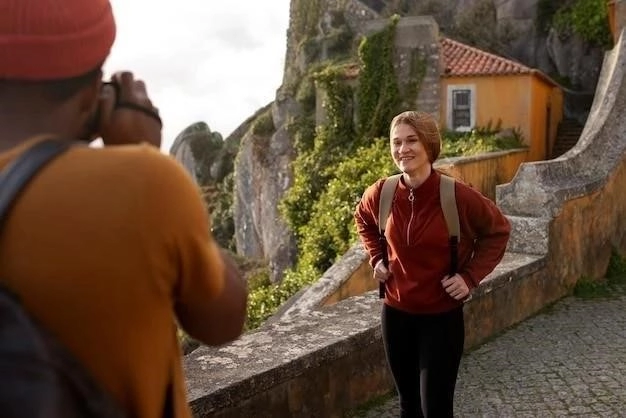
Remote Ecolodges
Escape to the tranquility of nature by opting for an ecolodge, particularly in areas like the Amazon rainforest or near Lake Titicaca. These eco-conscious accommodations offer a chance to connect with nature while minimizing your environmental impact.
Transportation in Bolivia: Getting Around
Navigating Bolivia’s diverse landscapes presents an adventure in itself. From well-paved highways to rugged mountain passes, the country offers a variety of transportation options to suit different preferences and budgets. Plan your journeys carefully, embracing the unexpected and allowing for flexible itineraries.
Domestic Flights
Domestic flights offer a convenient and time-efficient way to cover large distances, particularly when traveling between major cities. Several airlines operate within Bolivia, connecting destinations such as La Paz, Santa Cruz, and Uyuni. Booking flights in advance, especially during peak season, is highly recommended.
Long-Distance Buses
Long-distance buses are a common and affordable mode of transportation in Bolivia. Various bus companies operate throughout the country, offering different classes of service. Opting for a more luxurious bus with reclining seats and onboard amenities can enhance comfort on longer journeys.
Minibuses and Colectivos
For shorter distances or exploring rural areas, minibuses and colectivos (shared taxis) provide a cost-effective and flexible mode of transport. These typically depart when full, offering a glimpse into local life. Negotiating fares beforehand is customary.
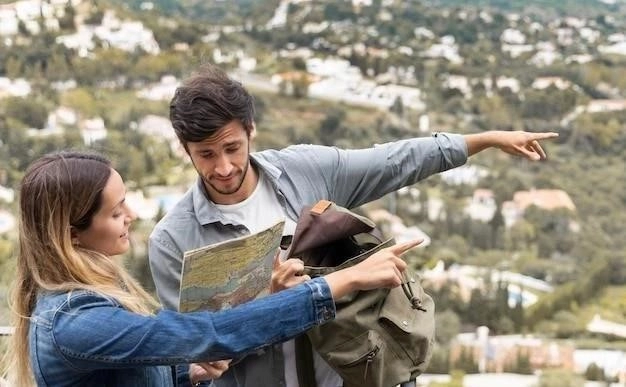
Trains
Bolivia’s rail network offers a scenic and nostalgic way to experience the country’s landscapes. While the train system is not as extensive as bus routes, several scenic routes, such as the journey from Uyuni to the Chilean border, provide unforgettable travel experiences.
Car Rentals and Private Drivers
Renting a car provides flexibility for independent exploration, particularly for venturing off the beaten path. However, road conditions can be challenging, and a 4×4 vehicle is highly recommended for certain areas. Hiring a private driver is a comfortable alternative, allowing you to relax and enjoy the scenery.
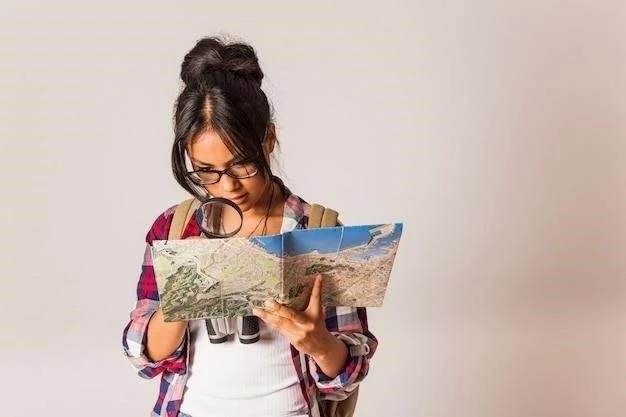
Exquisite Bolivian Cuisine: A Culinary Journey
Embark on a tantalizing culinary journey through Bolivia, where traditional Andean flavors blend harmoniously with Spanish and international influences. From hearty stews to flavorful street food, Bolivian cuisine reflects the country’s diverse geography and cultural heritage. Prepare your taste buds for a delightful adventure.
Savory Delights
Indulge in hearty Bolivian classics such as Salteñas, savory pastries filled with flavorful stews and baked to perfection. Sample Silpancho, a traditional dish consisting of breaded beef served with rice, potatoes, and a fried egg. Warm yourself with a comforting bowl of Caldo de Cardan, a flavorful soup made with beef, vegetables, and rice.
Andean Staples
Embrace the flavors of the Andes with dishes featuring quinoa, a protein-rich grain native to the region. Try a Quinoa Salad, a refreshing and healthy option, or sample Quinoa Soup, a hearty and flavorful starter. Potatoes, another Andean staple, are served in countless variations, from creamy mashed potatoes to crispy fries.
Street Food Delights
Explore the vibrant world of Bolivian street food, where enticing aromas fill the air. Indulge in Salteñas, a popular on-the-go snack, or try Tucumanas, deep-fried pastries filled with savory meats or cheeses. For a quick and flavorful bite, sample Anticuchos, grilled skewers of marinated beef heart.
Tropical Fruits and Juices

Quench your thirst with an abundance of tropical fruits and freshly squeezed juices. Indulge in the sweetness of mangoes, papayas, and passion fruit, or try a refreshing glass of Mocochinchi, a traditional Bolivian drink made with dried peaches and cinnamon.
Coca Leaf Culture
Experience the traditional use of coca leaves in Bolivian culture. Sample coca tea, a mild stimulant that helps alleviate altitude sickness, or try coca leaves themselves, which are often chewed or brewed into a tea.
Essential Travel Tips for a Smooth Trip
To ensure a seamless and enriching journey through Bolivia, consider these essential travel tips that will enhance your experience and allow you to navigate this captivating country with ease.
Visa Requirements
Check visa requirements for your nationality well in advance of your trip. Some nationalities can enter Bolivia visa-free for a limited time, while others may require obtaining a visa prior to arrival. Ensure your passport is valid for at least six months beyond your intended stay.
Altitude Considerations
Bolivia’s high altitude can pose challenges for some travelers. Allow time to acclimatize upon arrival, particularly if you’re arriving from a lower altitude. Drink plenty of water, avoid strenuous activities initially, and consider consulting a doctor about altitude sickness medication if necessary.
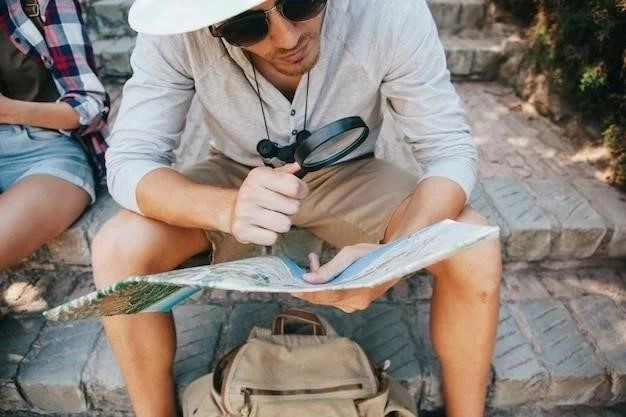
Currency Exchange
The official currency of Bolivia is the Boliviano (BOB). While US dollars are widely accepted, it’s advisable to exchange currency into Bolivianos for smaller purchases and local transactions. Exchange money at banks or authorized exchange bureaus for the best rates.
Language Essentials
While Spanish is the official language of Bolivia, indigenous languages such as Aymara and Quechua are widely spoken, particularly in rural areas. Learning a few basic Spanish phrases will enhance your interactions and demonstrate respect for the local culture.
Packing Essentials
Pack for a variety of climates, as temperatures can fluctuate dramatically depending on altitude and region. Essential items include comfortable walking shoes, layers of clothing, a hat, sunscreen, insect repellent, and a rain jacket. If you’re planning on hiking or trekking, pack appropriate gear.
Safety and Health Precautions
While Bolivia is generally a safe country for travelers, taking sensible precautions will contribute to a healthy and enjoyable trip. Familiarize yourself with local conditions, follow these recommendations, and prioritize your well-being while exploring this captivating destination.
Health Essentials
Consult with your doctor or a travel medicine specialist at least six weeks before your trip to discuss necessary vaccinations and preventative measures. Ensure you have adequate travel insurance that covers medical expenses, including emergency evacuation if needed.
Food and Water Safety
Stick to bottled water for drinking and avoid consuming ice from unknown sources. Opt for cooked food whenever possible, especially when indulging in street food. Peel fruits and vegetables yourself or consume them from reputable establishments to minimize the risk of foodborne illnesses.
Altitude Considerations
Altitude sickness is a common concern for travelers visiting high-altitude areas in Bolivia. Allow time for acclimatization, stay hydrated by drinking plenty of water, and avoid alcohol and caffeine. Consider carrying coca leaves or altitude sickness medication as a precaution.
Personal Safety
Exercise caution in crowded areas and be mindful of your belongings, especially in tourist hotspots. Avoid displaying large amounts of cash or expensive jewelry. Use official taxis or ride-sharing services with caution and verify the driver’s credentials before starting your journey.
Emergency Contacts
Save important contact numbers, including the local police, ambulance services, and your country’s embassy or consulate in Bolivia. Familiarize yourself with the location of these resources in case of an emergency.
Budget Planning: Making the Most of Your Money
Bolivia is renowned as a budget-friendly travel destination, allowing you to experience its wonders without breaking the bank. By planning wisely and embracing local insights, you can make the most of your budget and enjoy a fulfilling journey.
Daily Expenses
Estimate a daily budget based on your travel style. Budget travelers can comfortably manage on $30-$50 per day, while mid-range travelers should allocate around $70-$100 for more comfortable accommodations and dining experiences. Luxury travelers can expect to spend upwards of $150 per day for upscale accommodations and amenities.
Accommodation
Hostels and guesthouses offer the most affordable accommodation options, with dorm beds starting from $10 per night. Private rooms in mid-range hotels typically range from $30 to $60 per night. Luxury hotels can cost upwards of $100 per night.
Transportation
Domestic flights can range from $50 to $150 depending on the route and time of year. Long-distance buses offer a more budget-friendly option, with fares typically ranging from $10 to $30 for major routes. Local transportation, such as minibuses and taxis, is inexpensive, with fares rarely exceeding a few dollars.
Food and Drinks
Street food and local eateries provide delicious meals for as little as $3-$5 per meal. Mid-range restaurants offer a more upscale dining experience for around $10-$20 per person. Consider trying a “Menu del Dia,” a set lunch menu offering great value for money.
Activities and Entrance Fees
Entrance fees to national parks and attractions typically range from $5 to $20. Consider purchasing a tourist card (Tarjeta Turistica) for discounts on multiple attractions. Adventure activities, such as Salar de Uyuni tours, can range from $100 to $300 depending on the duration and itinerary.
Suggested Itineraries for Different Travel Styles
Bolivia’s diverse landscapes and cultural treasures offer a wealth of itinerary options to cater to different travel styles and interests. Whether you seek adventure, cultural immersion, or natural wonders, these suggested itineraries will inspire your journey through this captivating country.
The Classic Bolivia Route (10 days)
Ideal for first-time visitors, this itinerary covers the highlights of Bolivia, from the bustling capital city to the surreal landscapes of the southwest. Begin in La Paz, exploring the city’s historic center and vibrant markets. Journey to Uyuni and witness the ethereal beauty of the Salar de Uyuni salt flats. Conclude your trip with a visit to Lake Titicaca, exploring the floating islands and ancient ruins.
The Andean Adventure (14 days)
For adventure enthusiasts, this itinerary combines breathtaking hikes with cultural exploration. Start in La Paz, acclimatizing to the altitude with a visit to the Valley of the Moon. Embark on a multi-day trek through the Cordillera Real, marveling at towering peaks and pristine lagoons. Conclude your adventure in Potosí, delving into the city’s rich silver mining history.
The Amazonian Expedition (10 days)
Venture into the heart of the Amazon rainforest for an unforgettable wildlife encounter. Fly to Rurrenabaque and embark on a guided jungle tour, navigating pristine rivers by canoe and spotting exotic wildlife such as monkeys, sloths, and macaws. Immerse yourself in the rainforest’s symphony of sounds and experience the magic of the Amazon.
The Cultural Immersion (14 days)
Delve into Bolivia’s rich cultural tapestry with this immersive itinerary. Begin in Sucre, the country’s constitutional capital, exploring its colonial architecture and museums. Journey to Potosí, learning about the city’s silver mining heritage and indigenous traditions. Conclude your trip in La Paz, experiencing the city’s vibrant festivals and traditional markets.


